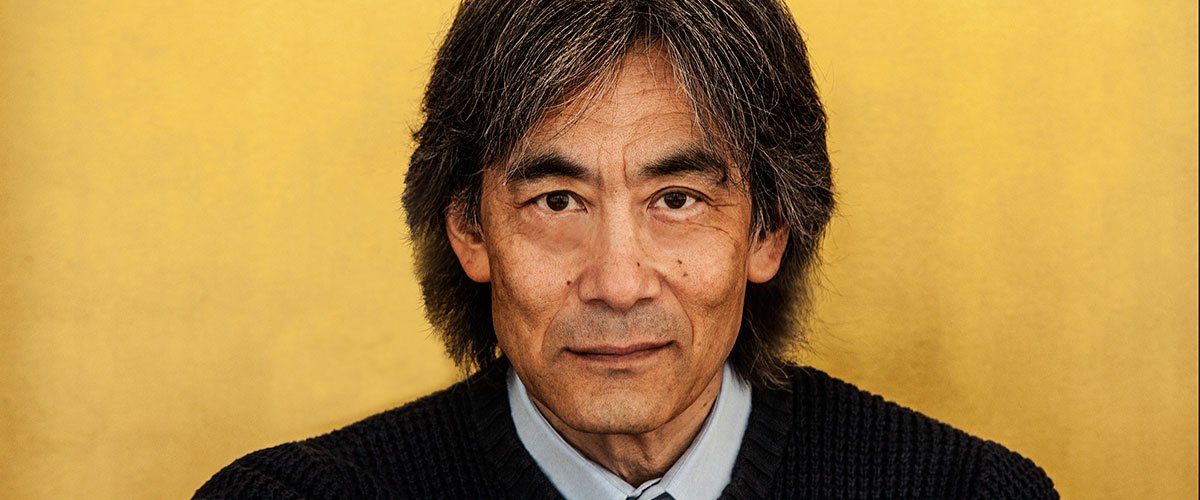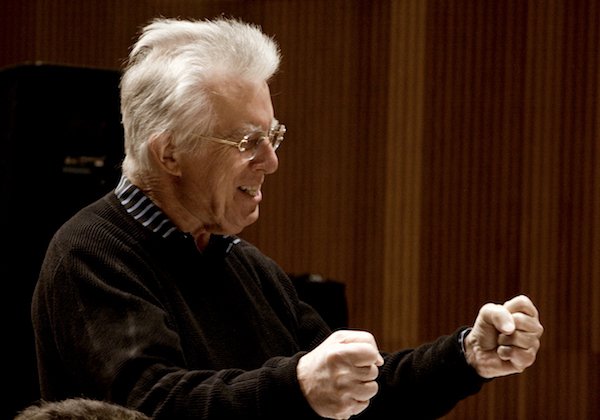Dialogues
Welcome to the Dialogues in Timbre and Orchestration. This curated collection features engaging conversations and interviews with renowned conductors, composers, and music scholars, offering unique insights into their creative processes, philosophies, and experiences in the world of timbre and orchestration.
Through these dialogues, we aim to foster a deeper understanding of the art and craft behind bringing music to life, composing and orchestrating, while also highlighting the diverse perspectives and approaches employed by different artists. From discussing the intricacies of blending instrumental timbres to exploring the impact of technology on orchestration, these conversations cover a wide range of topics that are sure to captivate and inspire.
Whether you're a composer, orchestrator, music scholar, or simply a lover of orchestral music, these dialogues provide a unique opportunity to gain deeper insights into the minds and methods of some of the most influential figures in the field. We invite you to explore these conversations and join the ongoing discourse surrounding timbre and orchestration.
In this Dialogue, New discusss the unique instrumental combinations and timbres that Holst employs to evoke the distinct characteristics of each movement. She delves into the challenges of balancing the various sections of the orchestra, crafting effective phrasing, and interpreting the composer's intentions to create a cohesive and compelling performance.
Tianyi Lu shares her approach to conducting and the role of timbre and orchestration in evoking emotions and immersing audiences in the musical experience, offering a unique perspective on the art of conducting.
In this interview, Kent Nagano, then Artistic Director of the Orchestre symphonique de Montréal (OSM), shared his thoughts on the essential role of timbre in music, the power of imagination in interpreting scores, and the art of communicating musical ideas to the orchestra.
Roger Reynolds is Distinguished University Professor Emeritus of music composition at the University of California, San Diego. In 1989, he won the Pulitzer Prize for Music for the string orchestra composition, Whispers Out of Time. His more than 150 compositions have been exclusively published by Edition Peters New York for over five decades.
Nicolas Ellis is Music Director of the Orchestre National de Bretagne, Principal Guest Conductor of Les Violons du Roy, as well as Artistic Director and Conductor of the Orchestre de l’Agora, which he founded in Montreal in 2013. Known for his versatility in a vast repertoire, Nicolas has distinguished himself with the Orchestre de l’Agora by the conception of concerts with a dramaturgical approach.
The piano sound that we hear on a recording is a combination of the pianist’s performance, the characteristic sounds of the instrument, and the context of the space where it is recorded, to which the pianist is constantly reacting. The recording philosophy that is applied is an additional factor that contributes to the overall impression.






